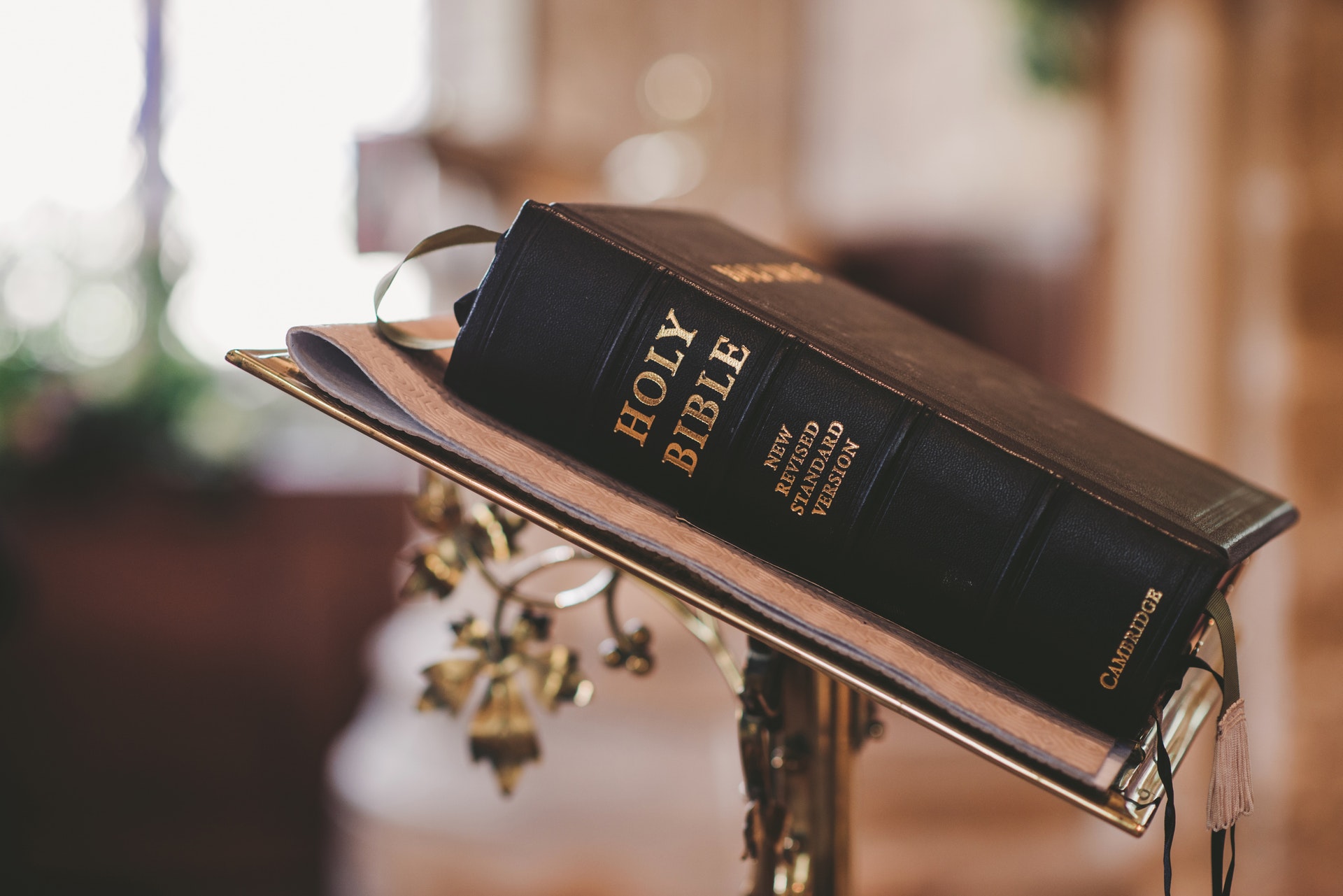Prelates back bill on mandatory Bible-reading in public schools

Abante, a pastor, filed the bill seeking to make Bible-reading a part of the curriculum of public schools. (Pexels Photo)
MANILA — Members of the clergy on Friday showed support for a bill seeking to make Bible-reading mandatory in public elementary and secondary schools.
Sorsogon Bishop Arturo Bastes expressed hope that House of Representatives Bill 2069, filed by Minority Leader Bienvenido Abante Jr., would be approved.
“This is very good. I hope this gets approved. A good news for us to read the good news of God,” Bastes added.
Catholic Bishops’ Conference of the Philippines (CBCP) – Episcopal Commission on Youth (ECY) Executive Secretary Fr. Conegundo Garganta noted that the bill would support the declaration of the significance of the Bible, which the country celebrates every January.
“This is great news and (a) relevant act. This will support the Presidential Proclamation on the significance of the Bible, which we celebrate every year, especially during the month of January,” Garganta said, referring to Proclamation 124, issued by President Rodrigo Duterte in January 2017, declaring the month of January every year as National Bible Month.
“It will help support the churches in (their) task to help the faithful to be rooted in the Word of God,” he added.
While expressing support for the measure, Caloocan Bishop Pablo Virgilio David said other students’ religions should be considered.
“I would understand making Bible-reading mandatory in schools run by Catholics, Protestants, Evangelicals, Pentecostals, etc. (But) it will not be right to make Bible-reading mandatory for students in public schools who are Muslims, Buddhists, or Animists,” David said in a statement.
David noted that though the intention of the bill in Congress is good, it should respect other students’ religious beliefs.
“It would be (a) great idea to include an elective (meaning optional) subject on the Bible in junior or high school, if only to get students to appreciate how most, if not all, our good human values are drawn from this sacred book,” he said.
“There is nothing wrong about religious instruction being allowed in public schools, if it is done in a manner that is respectful of the students’ religious affiliations,” he added.
David, meanwhile, acknowledged that the country’s public education system has not yet been influenced by the ideology of western secularism.
“We are a country that respects religious freedom.
We are happy enough that our public education has yet to assume the ideology of western secularism, which totally forbids religion in public spaces and institution(s),” he said.
“Proof to that is the fact that Catholic students are allowed to receive religious instruction (catechism) in public schools, just as Muslim students are allowed to receive instruction in the Muslim faith through the Madrasah,” he added.
Abante, a pastor, filed the bill seeking to make Bible-reading a part of the curriculum of public schools.





















